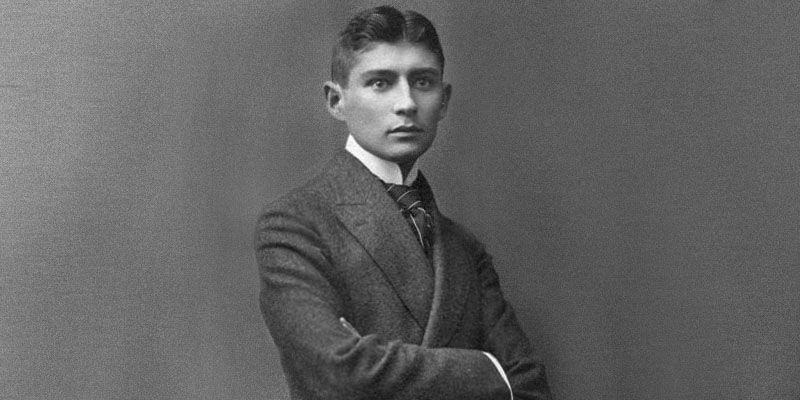Ascending Jerusalem
- Solomon K.

- Feb 25, 2025
- 3 min read
Updated: Feb 26, 2025
So far Jesus has been in the Galilee. His disciples and a following make their way through the Jordan valley en route to Jerusalem, and stop in Jericho before starting the road up, up, up to the city (10:46-48):
As Jesus and his disciples, together with a large crowd, were leaving the city, a blind man, Bartimaeus, was sitting by the roadside begging.
When he heard that it was Jesus of Nazareth, he began to shout, “Jesus, Son of David, have mercy on me!”
Many rebuked him and told him to be quiet, but he shouted all the more, “Son of David, have mercy on me!”
Note, this is a new thing within this Gospel - Jesus is called “Son of David”. The blind man, soon to be healed, is rebuked for calling upon Jesus. Why? For calling? Or for calling him using the phrase Son of David? It is not clear to me...

Mindful of the Threads
What does the phrase mean? In the previous articles it was discussed how within the Bible the figure of David goes through wonderful developments, as does the term Messiah / anointed one / anointing. Eventually these 2 threads cross.
David was anointed to be king. Along his dynasty, all the kings were coined sons of David. David became an iconic legend already within the Bible: as the first of his dynasty, but also in regard to the mix of hope, faith, and praise, when the dynasty was cut off by the Babylonians, but then grew out once again.
In writings parallel to the New Testament, the term Messiah is used sometimes, but not quite the traditional classic apocalyptic Messiah use. It comes close. The Seed of David is an ideal king, the king whom people are hoping, praying, and believing for.
And then behold, just like that, in Mark chapter 8, Simon Peter "Keifa", the disciple, says Jesus = "Messiah", and in chapter 10, the blind man calls Jesus the Son of David, and then, approaching Jerusalem from Jericho, this happens (11: 7-9):
Then they brought the colt to Jesus and threw their clothes on it, and he sat on it. And many spread their clothes on the road, and others cut down leafy branches from the trees and spread them on the road.
Then those who went before and those who followed cried out, saying: “Save us! ‘Blessed is he who comes in the name of the Lord!’ Blessed is the kingdom of our father David that comes in the name of the Lord! Save us in the highest!”
We didn’t hear much in the direction of kingship until now. Now it is really kicking in. First the blindman, let’s assume he has previously heard of Jesus generally, he hears Jesus is passing by and his association is Son of David.

Meaning of the Donkey
Then further up the road to Jerusalem they bring him a colt of a donkey - which is a play off of Zechariah 9:9, “Rejoice greatly, Daughter Zion! Shout, Daughter Jerusalem! See, your king comes to you, righteous and victorious, lowly and riding on a donkey, on a colt, the foal of a donkey.”
In other words, heading into Jerusalem on a colt, is a HUGE statement!
According to this Gospel, this is the first time Jesus clearly and also publicly makes such a statement in the direction of kingship. Why now?
Perhaps the timing, perhaps the locale, perhaps the notion was already cultivating among the people and this was simply embracing it.
In summary of what we have searched and found so far in Mark, we started in the Galilee and have come to the gates of Jerusalem.
Jesus went from being a John the Baptist prophet-like preacher and miracle worker, to one with public and personal association with kingship.
How will these dynamics play out in the next chapters in Jerusalem? Will Jesus continue with the Son of Man identity or switch to Son of David kingship identity?
As readers, will we feel that these dynamics are played out by Jesus and the disciples and the people, or will we feel that they are renditions of the editors and publishers of the Gospel of Mark?




Comments